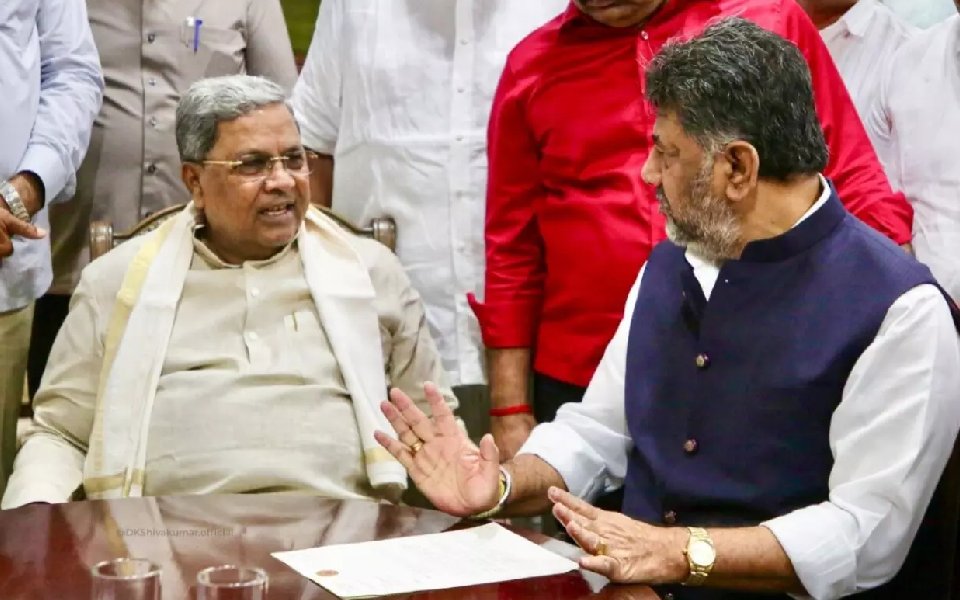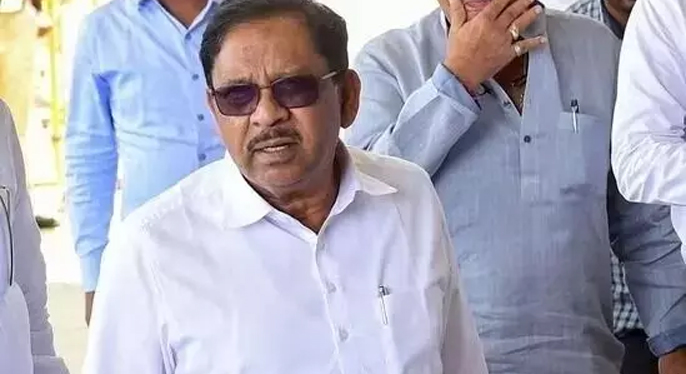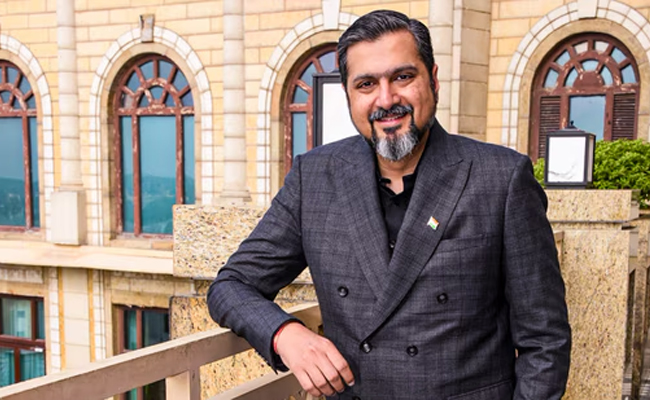Mysuru (Karnataka), Jul 10: Karnataka Chief Minister Siddaramaiah on Wednesday said the State Cabinet would take a decision on the proposal to rename neighbouring Ramanagara district as 'Bengaluru South.'
The proposal to rename the district, consisting of Ramanagara, Magadi, Kanakapura, Channapatna and Harohalli taluks, has once again gained steam, with a Karnataka Deputy Chief Minister D K Shivakumar-led delegation on Tuesday meeting Siddaramaiah and submitting a memorandum to raise the pitch.
They have also proposed that Ramanagara town, about 50 kms from here, remain as the headquarters of the renamed district.
"Leaders from Ramanagara district had met me under the leadership of D K Shivakumar, stating that people of the region consider themselves to be part of Bengaluru since the beginning, so the district should be renamed as Bengaluru South district. I said it has to be decided at the Cabinet and will place the matter before the Cabinet," Siddaramaiah told reporters here.
ALSO READ: Demand for formation of Bengaluru South District: Delegation led by DCM submits request to CM
Taking a dig at the proposal, JD(S) leader and Union Minister H D Kumaraswamy on Tuesday reportedly said that he would reverse the plan, if implemented, in the event of him becoming Chief Minister again.
Kumaraswamy,. a former Chief Minister, also alleged that the motive behind the proposal was to exploit real estate opportunities there.
Ramanagara is the home district of Shivakumar, who is also the state Congress chief. Shivakumar, who first mooted the proposal in October last year, is in-charge Minister for Ramanagara and also the Bengaluru City Development Minister.
Reacting to Kumarawamy's comments, Siddaramaiah said: "first of all they won't come to power. So he (Kumaraswamy) reversing it is an illusion."
"It is people who give power. Can someone become CM just like that by claiming to become? We (Congress) were in opposition for five years, after that with the blessings of the people we have come to power by winning 136 seats. Have people blessed Kumaraswamy to become CM? Let's see what people decide in the next election," he added.
Kumaraswamy was the Chief Minister of the JD(S)-BJP coalition when Ramanagara district was carved out in August 2007.
Kumaraswamy had earlier threatened to go on a fast unto death if the government decides to go-ahead with the proposal to rename the district.
Ramanagara district is the political turf of Kumaraswamy as he has represented Ramanagara and Channapatna Assembly segments, and also had been an MP from the region.
The proposal has gained significance ahead of Channapatna Assembly bypolls -- the date for which is yet to be announced -- necessitated following Kumaraswamy's election to Lok Sabha from Mandya.
Let the Truth be known. If you read VB and like VB, please be a VB Supporter and Help us deliver the Truth to one and all.
Tumakuru (PTI): Karnataka Home Minister G Parameshwara on Saturday said his recent remarks on the demolition of properties linked to those involved in narcotics trade were "misunderstood and misinterpreted".
His clarification follows remarks made two days ago on the government's uncompromising crackdown on the drug menace, including action against properties linked to foreign nationals allegedly involved in drug trafficking.
"It is unfortunate. It is taken in the wrong sense. I didn't mean that tomorrow itself I am going to send bulldozers and demolish the houses. That was not my intention. It was wrongly taken," he told reporters here.
Responding to Congress MLC K Abdul Jabbar's question in the legislative council on the growing drug menace in Bengaluru, Davangere and coastal districts, the minister on Thursday detailed the extensive enforcement measures initiated since the Congress government assumed office.
Pointing to the involvement of some foreign nationals, the minister had said, "Many foreign students from African countries have come to Karnataka. They are into the drug business. We catch them and register cases against them, but they want the case to be registered because once the case is registered, we cannot deport them."
"We have gone to the extent of demolishing the rented building where they stay," he had said.





